Do not buy tools, only pay for each use – that is the concept of TCM International Tool Consulting & Management.
When Manfred and Anna Kainz took over a tool shop in Graz in 1986, no one could have imagined that in less than four decades the small business would become an international group in the field of cutting tools – including drills, milling cutters and grinding wheels. Today, the company is based in Stainz, Styria, and with more than 400 employees at 41 locations, it is one of the world’s leading suppliers of tool management solutions. The formula for success is simple: Customers no longer buy the drill but pay for each hole drilled. In 2022, Markus Temmel took over from founder Kainz. The CEO explains how TCM helps its customers save money.
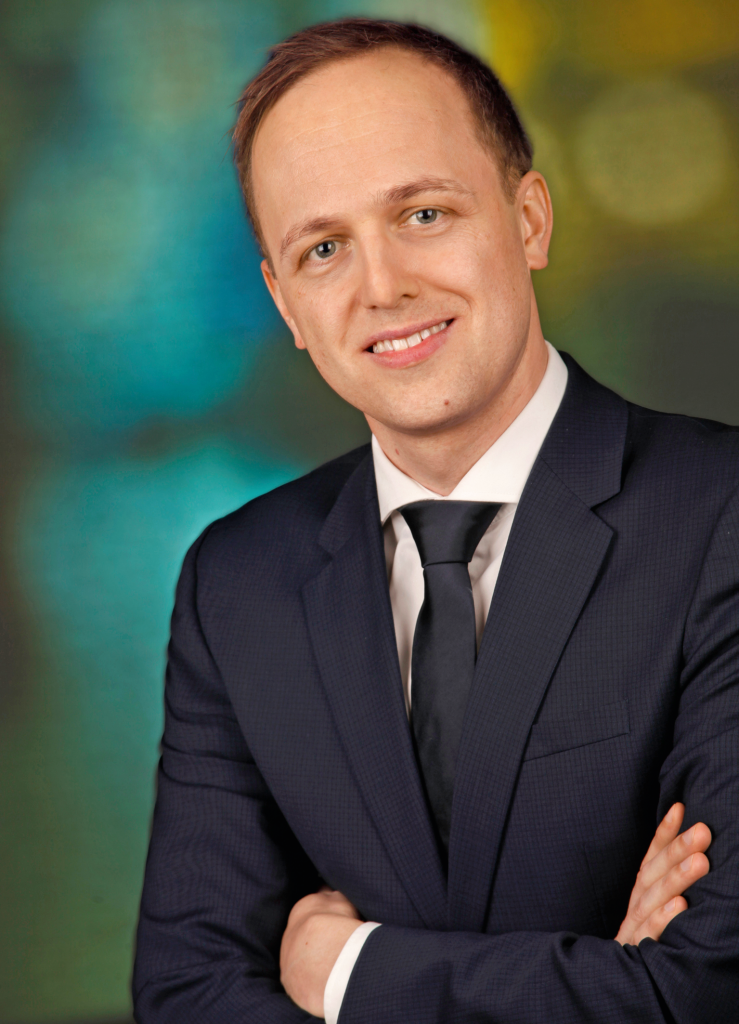
© TCM GmbH
You took over the TCM Group in 2022. Was it difficult to follow
in the footsteps of founder Manfred Kainz?
Markus Temmel: We had prepared everything very well. We
worked together very intensively for years, and the smooth transition
was very important to Manfred. He always said that the
company had to be set up in such a way that he was dispensable.
That was an important goal for him and in this respect, I have to
tip my hat for the way he prepared this handover of the company.
We have done it really well. But, of course, that everyone has their
own styl
Were there any business areas that you had to significantly
restructure or how do you deal with the entrepreneurial ‘legacy’?
Temmel: In terms of content, we were very well coordinated and
had set up our corporate strategy. What is special right now, is the
environment in which we live. We have a very dynamic market
environment. Of course, this affects our most important core industries,
such as the automotive sector. Electrification has a huge impact
on machining. Additionally, geopolitical developments that
have been triggered in the past few years and that we all didn’t
have on our radar are still causing disruptions in the supply chain.
The result is extremely increased material prices and a currently
still uncertain development in China, an important market. This
creates enough challenges every day. We have to manage all this
without limiting our business development and product development
at the same time. We are also pushing digitisation projects
massively and merging them more and more with our core business,
machining. Of course, this must not fall by the wayside despite
all the challenges.
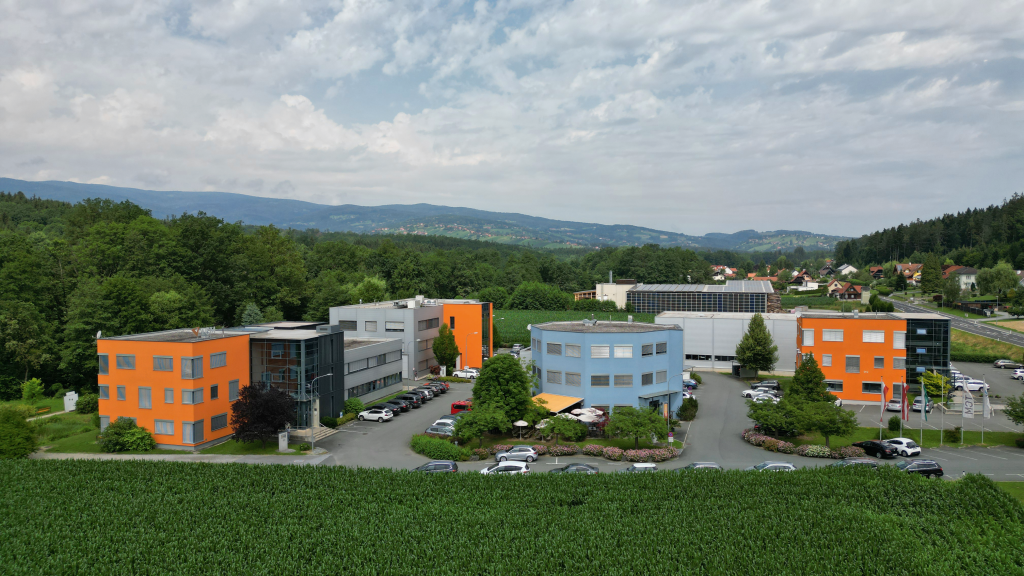
© TCM GmbH
What exactly is tool management?
Temmel: Tool management at TCM means the manufacturer-neutral
provision and optimisation of cutting tools. Our business models
guarantee annual cost savings and productivity advantages. The
idea for tool management was born from the idea that the customer
no longer buys the drill, but pays per drill hole, to name one example.
Tool management concerns all areas of machining and
everything that goes with it, such as the procurement of tools, the
preparation and the provision of tools in production at the machines.
Our customers no longer pay for the tool, but per component
produced. This is a cost per unit approach. We guarantee year after
year that the defined price will be lower. That is our cost guarantee
and the guarantee of annual savings. Tool Management is a revolutionary
business model with a very efficient process in the background.
We are talking about tools for drilling, grinding, milling?
Temmel: Wherever a metal chip is lifted, you need tools. Milling
tools, drilling tools, turning tools, grinding tools and gear-cutting
tools are a market worth billions. Machining is a high-tech industry
for which we supply solutions.
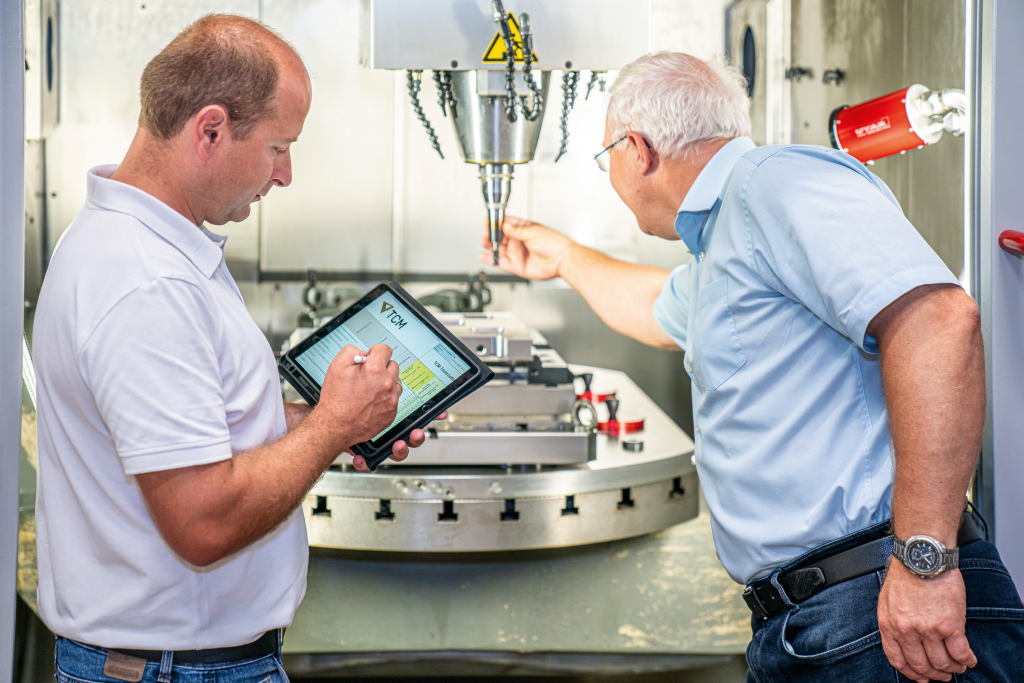
© TCM GmbH
From which sectors do your customers mainly come?
Temmel: Our business activities are now well diversified and divided.
The automotive sector is still very important, but increasingly
our customers also come from the aerospace and general mechanical
and plant engineering sectors. And there are first projects in
the medical sector. We have customers of all sizes, from smaller
entities to global corporations.
How do you control invoicing according to cost per unit?
Temmel: At TCM we work with a very efficient system in tool
management that ensures a high degree of transparency. This has
been the case since our beginnings, although the technical possibilities
and means of communication were quite different back then.
In all our projects and locations, we know the tool costs per machining
operation, per component or per machine on a daily basis. Of
course, this has become easier in the past few years because there
are reliable internet connections and system support is getting
better and better. In addition to our services, we use hardware that
secures our processes and provides precisely this data and information
– i.e. our dispensing system.
What is the Toolbase software?
Temmel: The Toolbase brand stands for our dispensing systems. I
like to compare it with vending machines in airports or train stations
from which you can get a snack. These systems also exist in the
industrial environment with much more logic in the background.
We store machining tools, spare parts or safety equipment in these
dispensing systems. They can be used in many different ways. The
advantage is that they are available 24/7, never go on holiday and
never get sick. You place these systems relatively close to production
and thus consumption. After authentication, employees can
remove articles they need for production in a controlled manner. In
the background, the withdrawals are transparently logged, the
costs are allocated and new procurement is automatically triggered necessary. We manage this with our Toolbase
product and there is a great demand for it
on the market.
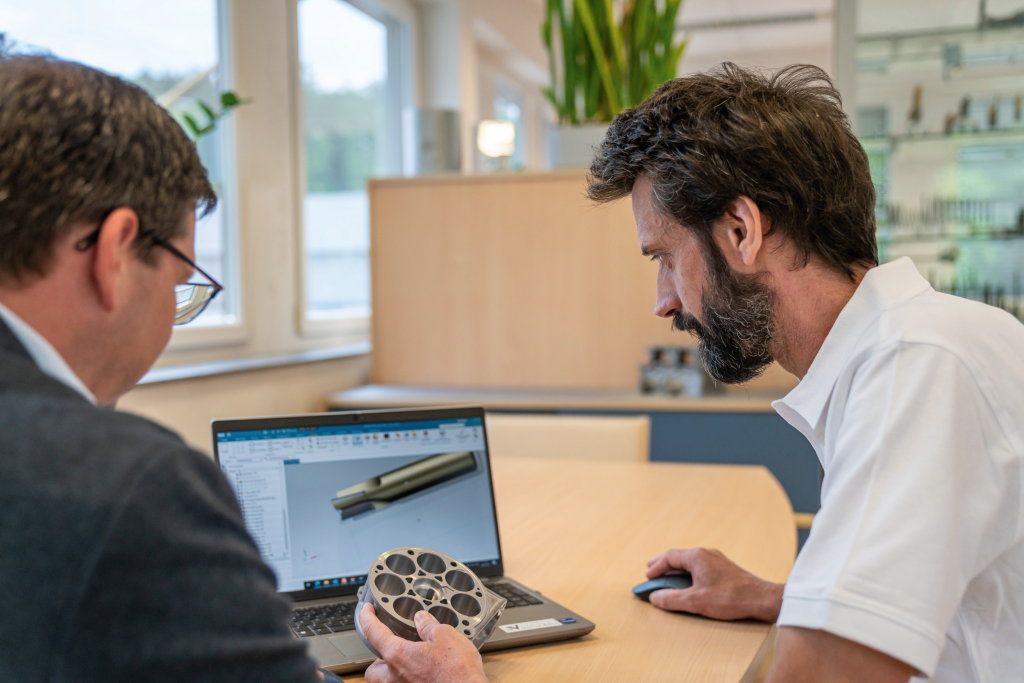
© TCM GmbH
So, you always know which machine is using
which tool and what it is doing with it?
Temmel: Exactly, we are very closely linked to
the customer. For larger projects, our employees
really do sit permanently on site at our customers’
production and work like a department of
the customer. These teams consist of technologists and employees
who take care of procurement and assemble, measure and provide
tools on the shop floor. We are talking about precision machining
with a tolerance range of one μ (Mu), which is a fraction of the
thickness of a human hair. Understanding the customer’s manufacturing
situation correctly and aligning our processes to it is what
sets us apart.
But you not only analyse your customers’ needs, you also equip
them with hardware
Temmel: We supply our customers and their machines with tools
that we procure and partly design ourselves. We do not produce
any machines ourselves.
Has the area of remanufacturing, repair and
grinding gained in importance due to the need
for sustainability?
Temmel: We have been working in this cycle for
years and know of the value of a cutting tool and
the material used. That is why we have also
been operating tool grinding centres for many,
many years, where tools are reconditioned. I
don’t have to throw the drill away, but it is reground
several times. That saves a lot of material
and thus costs. For our customers, the topic of sustainability
will become increasingly important, as we are faced with a multitude
of regulations in this area
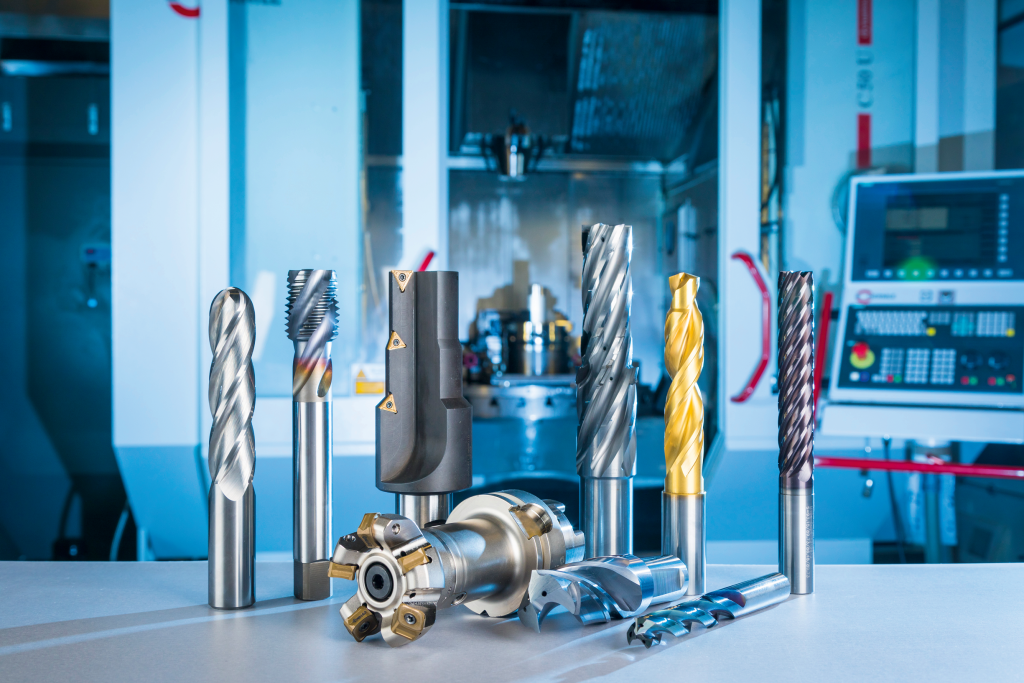
© TCM GmbH
Why is it important for you to offer products from different
manufacturers?
Temmel: We see that no manufacturer is ahead in all applications
– the subject of machining is too extensive, too complex and there
are far too many fields of application. Our goal is to work out cost
savings for our customers. Therefore we need the best solution for
exactly the specific task at the customer’s site. That’s why we have
to be free in our choice of products and tools. We demand of ourselves
and our technologists to have a very broad, good and solid knowledge of tool technology and to constantly know what innovations
are available. Of course, to secure supply chains, it doesn’t
hurt to have several channels open.
What role will AI play at TCM in the future?
Temmel: People like to use terms that I am very
much in awe of. It is the cutting edge of technology
that we like to talk about. But what makes
a good tool technologist at TCM? We have come
to the conclusion that humans learn very much
through experience. Our best technicians have
learned through a wide variety of application
experiences over time. The limiting factor is that
we as humans can only have a certain number
of experiences in a given time. The latest technologies
are enabling us to get better and better
at collecting process data on an ongoing basis,
condensing it in a meaningful way and learning
from it. Sooner or later, these systems will be able to learn faster and
better. But we are not there yet. We have learned that many companies
do not have the basis for applying this cutting-edge technology,
have not prepared it, or are criminally neglecting it. We do it the
other way round and have been working intensively on the topic of master data and master data quality for years. This is the basic
prerequisite if you want to network systems. That’s how we are
working our way up, step by step.
Which of the current uncertainties worries
you the most?
Temmel: If we look back over the past two or
three years, there is still the huge issue of the
supply chain from the Covid pandemic, although
it has become more settled in the meantime.
The increased energy costs due to the
Ukraine war led to an expected price spiral and
we are still struggling with this to this day – i.e.
inflation. This is an enormous challenge. The
energy price increase has hit our customers and
production. We are talking about metalworking
and machinery, a lot of energy is needed in that.
There have been huge cost increases from one
day to the next. This has triggered another tsunami wave, because
the increased energy prices have also increased material prices and
employee costs. We are trying with all our might to dampen this
spiral and have pronounced price stability for this year for our customers
in Austria.